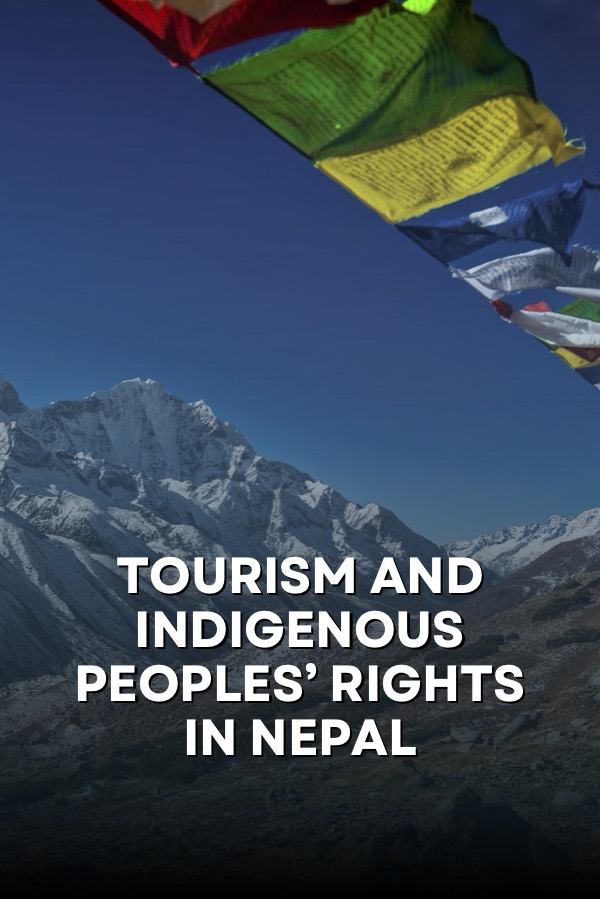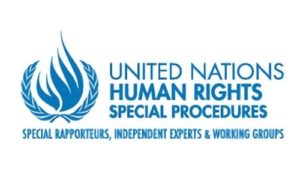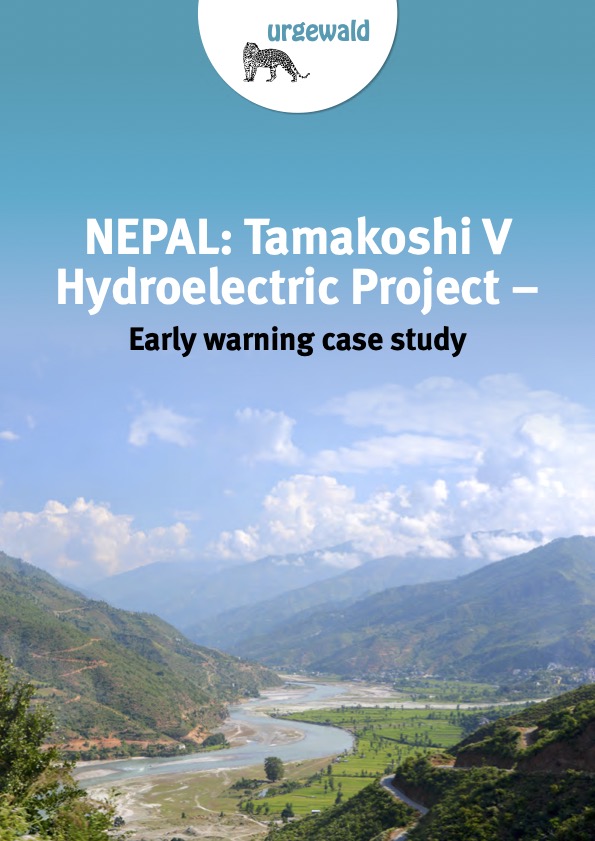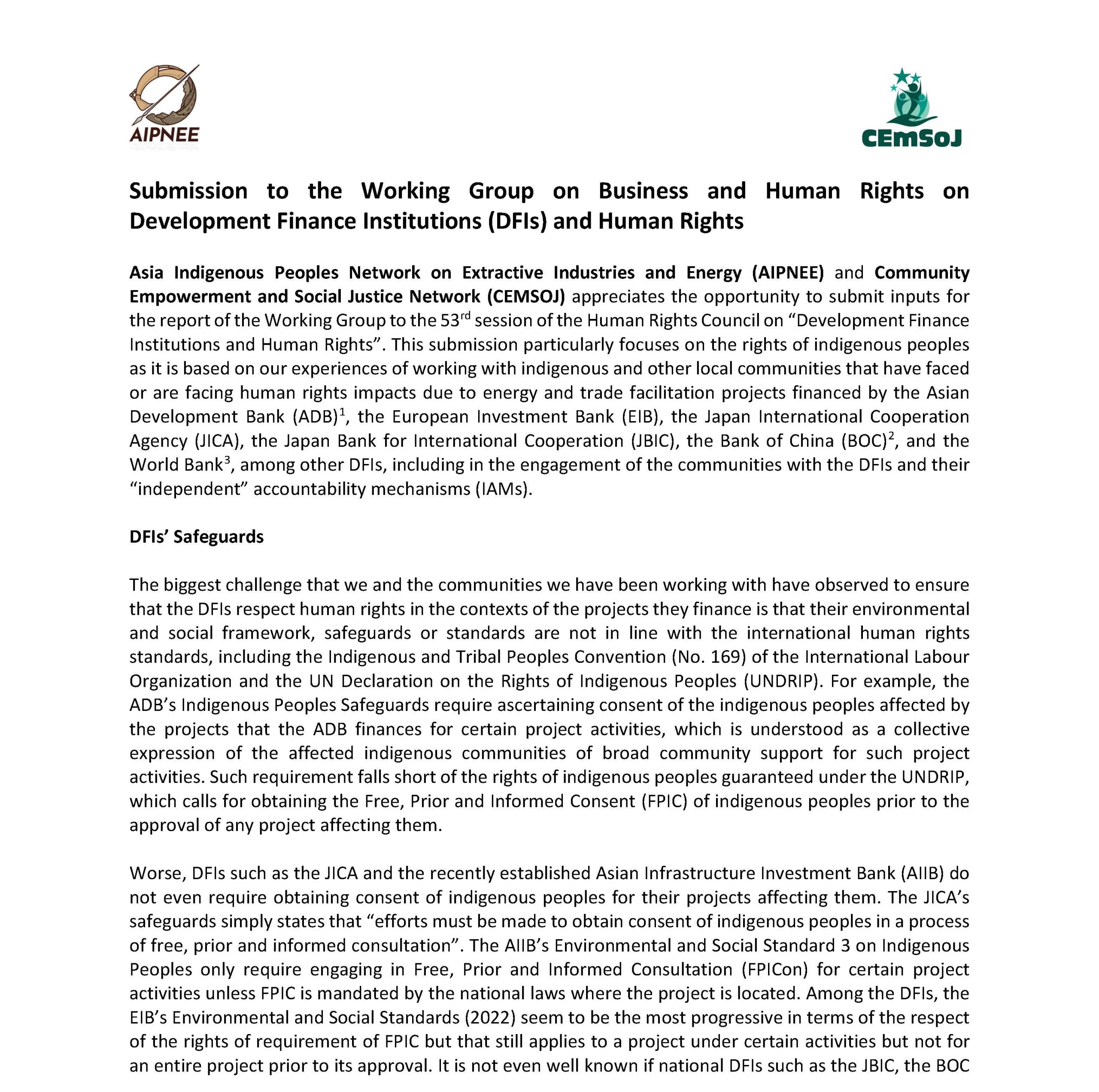Tourism industry plays and can further play a significant role for Nepal’s economy and prosperity, including in terms of environmental conservation. However, the industry has often entrenched marginalization of Indigenous Peoples in the country and resulted in violations of their rights, including in the context of establishment of protected areas, tourism establishments and businesses as well as representation of Indigenous image.

On many occasions, Indigenous Peoples have suffered loss of traditional lands and other violations of their rights in favor of tourism projects, which directly affects their lives and livelihoods. Particularly relevant is the establishment of protected areas, which have been mostly created by displacing Indigenous communities from their lands and resources. Concerningly, Indigenous communities have even been subjected to wide range of abuses, including killings, torture, arbitrary detentions, mistreatment, harassment as well as sexual violence against women at the hands of army, forest rangers and others in the context protected areas set up for environmental conservation and tourism.
Tourism establishments and business have also encroached upon lands and sacred sites of Indigenous communities in various parts of Nepal. Indigenous defenders and activists have faced retaliations and reprisals for raising their voices against violations of their rights and those of their communities in the context of such tourism undertakings, including at the hands of businesses.
more “Case Study: Tourism and Indigenous Peoples’ Rights in Nepal” …





